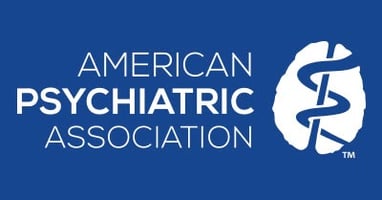In the early morning hours today, the Senate rejected a scaled-down version of a Republican health...
Combining SSRIs With Oral Anticoagulants Found to Increase Risk of Major Bleeding

People who take serotonin reuptake inhibitors (SSRIs) and oral anticoagulants have an increased risk of multiple types of major bleeding compared with people who take only oral anticoagulants, a study in JAMA Network Open has found. The study findings also showed that bleeding risk differs depending on the type of anticoagulant.
Christel Renoux, M.D., Ph.D., of Jewish General Hospital in Montreal and colleagues examined data from 331,305 patients in the United Kingdom aged 18 years or older who had atrial fibrillation and began taking oral anticoagulants between January 2, 1998, and March 29, 2021. The researchers included anticoagulants that directly target blood-clotting proteins (apixaban, dabigatran, edoxaban, and rivaroxaban), as well as warfarin, which indirectly reduces clotting by inhibiting vitamin K. They also identified if these patients were being prescribed SSRIs (citalopram, escitalopram, fluoxetine, fluvoxamine, paroxetine, or sertraline) at the same time.
Patients were followed until a first major bleeding event, death, end of registration with the patient’s internal medicine practice, or end of the study period, whichever came first.
The researchers identified 42,190 patients who experienced a major bleeding event and matched each one with up to 30 similar adults taking an oral coagulant who did not experience bleeding (a total of 1,156,641 controls, though this included duplicates).
Compared with patients who took only oral anticoagulants, patients who took oral anticoagulants and an SSRI had a 33% increased risk of any major bleeding. Among subtypes of events, there was a 38% increased risk of gastrointestinal bleeding, a 56% increased risk of intracranial hemorrhage, and a 23% increased risk of other types of major bleeding. Overall, the risk of major bleeding was strongest in the first 30 days of taking both types of medications.
The researchers also found that the increased risk of major bleeding was higher in patients who took warfarin and an SSRI (36%) compared with those taking a direct oral anticoagulant and SSRI (25%). However, the risk of major bleeding was not higher in patients taking more potent SSRIs like fluoxetine, paroxetine, or sertraline compared with other SSRIs.
“In light of these findings, the risk of major bleeding may be a pertinent safety consideration for patients using SSRIs and [oral anticoagulants] concomitantly,” Renoux and colleagues wrote. “To minimize the risk of bleeding, individual modifiable risk factors should be controlled, and patients should be closely monitored, particularly during the first few months of concomitant use.”
(Image: Getty Images/iStock/Hailshadow)
Help APA Address Parity Issues
APA needs member input to assist us in discussions with federal agencies that work to enforce the Mental Health Parity and Addiction Equity Act. This will help APA counteract misinformation coming from health insurance plans. Please take a few minutes to answer this short survey here. The deadline is Monday, April 1.





